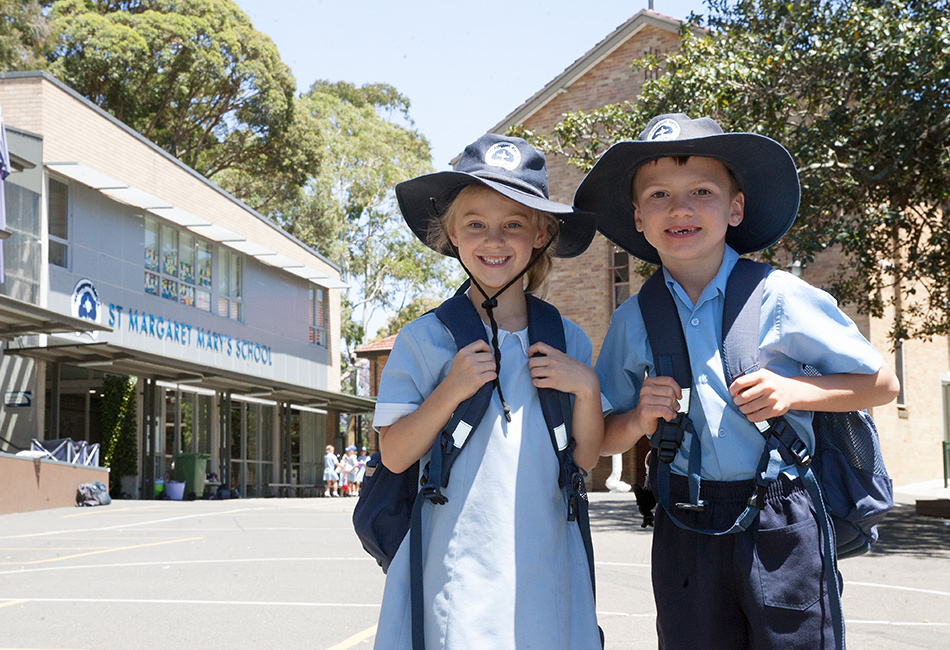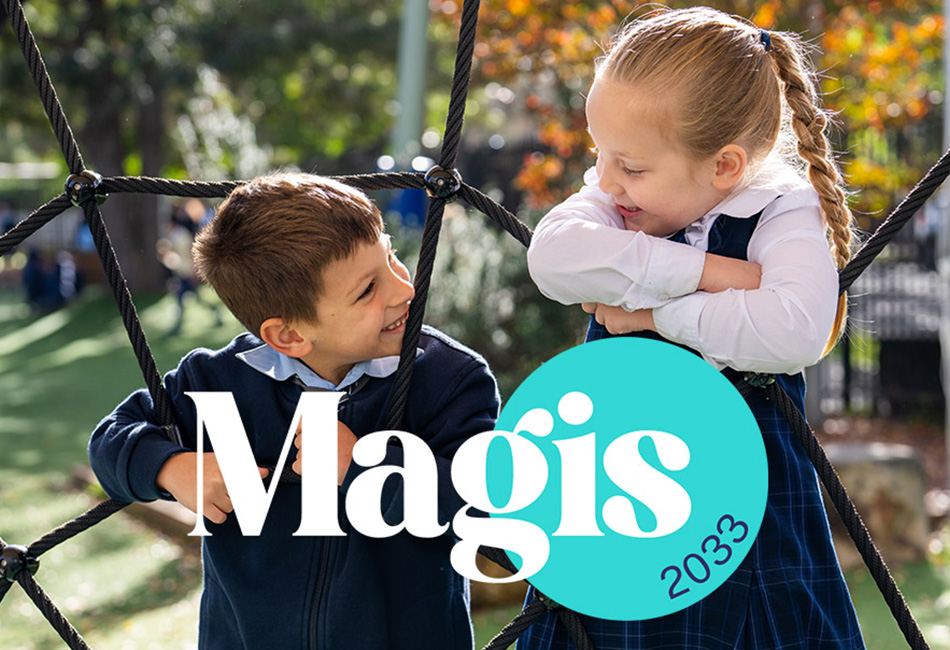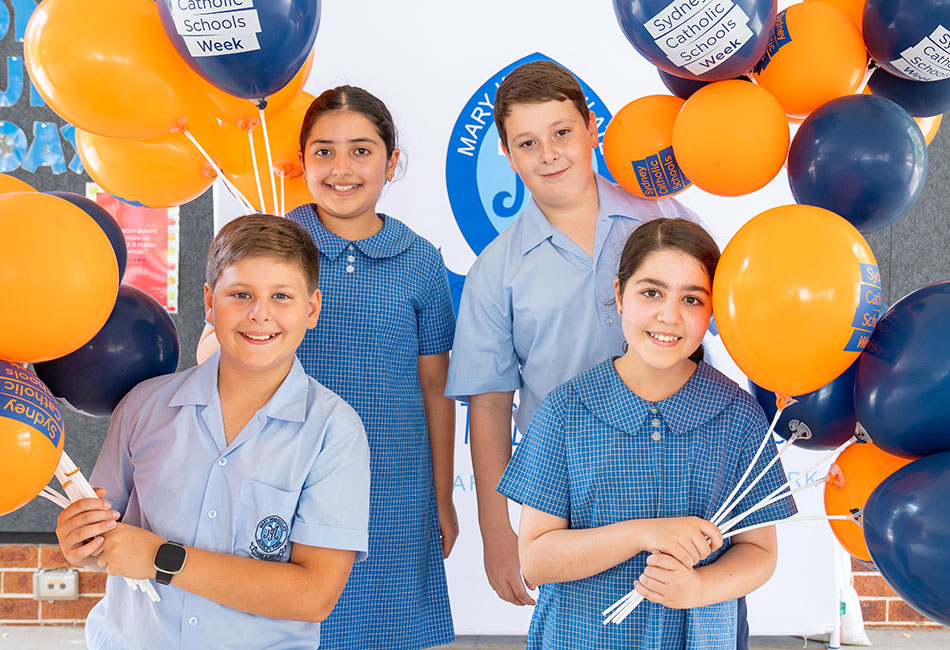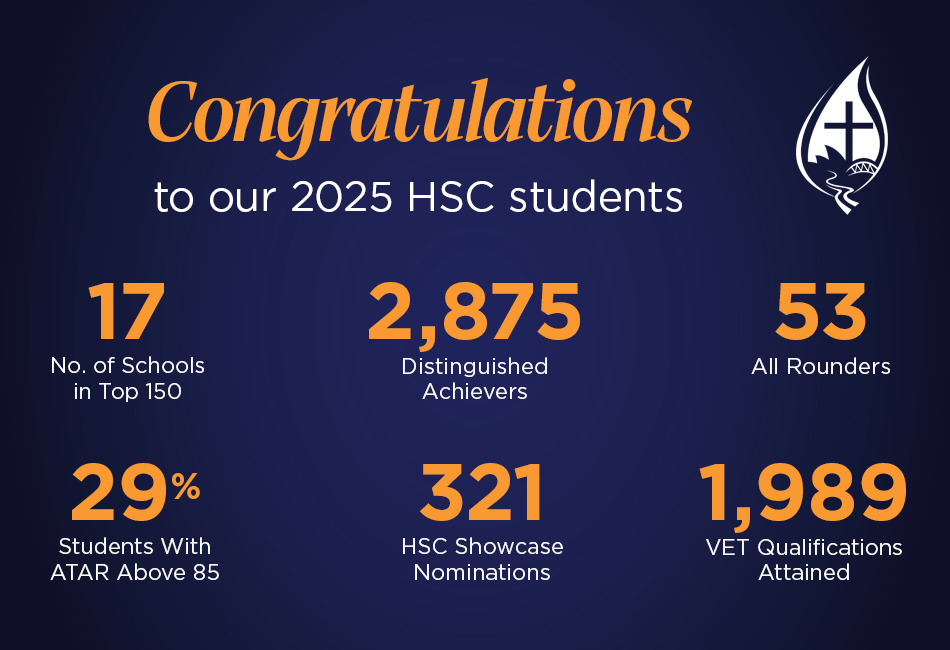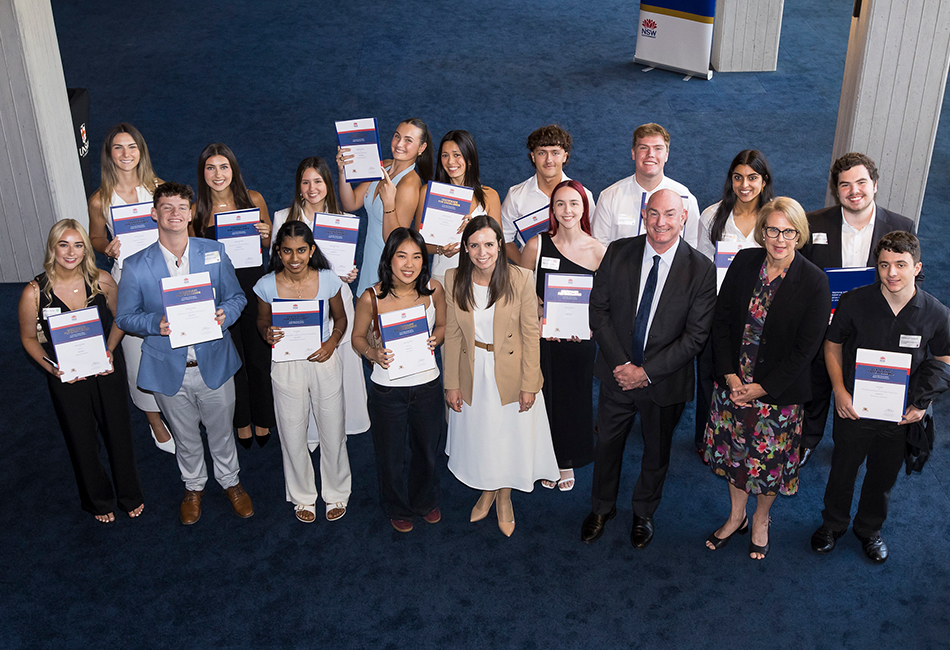Starting primary school is a huge milestone for both children and their families. It marks a time of excitement, growth, and new experiences. Here’s what you can expect in your child’s first year of school.
What they’ll learn
The first year of primary school focuses on learning foundational skills in literacy and numeracy as specified in the curriculum provided by the NSW Education Standards Authority (NESA).
- Literacy in Kindergarten involves speaking, listening, reading, and writing. Students learn how to follow directions, take turns, ask questions and develop a knowledge of words.
They learn new vocabulary, to form letters, write words and sentences, follow print conventions, and begin to read short books.
- Numeracy in Kindergarten involves understanding how numbers work. Your child may count up to 30 (and sometimes backward), identify numerals and their quantities, and learn how to add, subtract, and describe size, time and patterns.
They may also recognise and name two and three-dimensional shapes, and develop spatial awareness and the vocabulary to describe mathematical concepts.
“Your child will also be exposed to a range of quality literature,” said Curriculum & Innovation Specialist at Sydney Catholic Schools, Maryanne Thorne.
“Don’t be surprised if your child comes home excited to share new knowledge or practise skills as they begin to read and write.”
A small amount of homework may become a part of your child’s routine.
“It’s usually a light review of classroom learning,” Ms Thorne said. “Create a quiet and comfortable space for homework, and encourage a positive attitude toward completing tasks independently.”
Emotional growth
The first year of school is also a time of significant emotional growth. Your child will learn to navigate different emotions, express themselves, and understand the feelings of others.
Expect to hear stories about the new classmates and the occasional mention of a ‘best friend’.
Don’t fret if this isn’t the case—kindergarten students are encouraged to learn and play in different groups that rotate and change depending on particular activities, and so close friendships will develop naturally over time.
Discussing your child’s anxieties or excitement about school can foster resilience. Playdates, attending school events and encouraging positive social interactions can help to support your child’s social development.
Some separation anxiety in the initial days of Kindergarten is normal too.
“The transition to primary school can be both challenging and exciting for your child,” Ms Thorne said.
“As a parent, you play a crucial role in supporting them through this journey.
“Be prepared for a range of emotions, and create an open space for discussions about their day.
“Establishing a consistent morning routine and offering reassurance can make the drop-offs positive.”
Other tips for a smooth transition to Kindergarten
- Your child will be taking small steps toward doing things on their own, from putting on shoes to packing their school bag. Boost their confidence by celebrating these achievements and offering guidance when needed.
- Write your child’s name on all belongings, from school bags to lunch boxes. This prevents items from getting lost and fosters a sense of responsibility.
- Celebrate achievements, big or small. Whether it’s successfully tying shoelaces or reading a new word, acknowledging your child’s efforts boosts their confidence and creates a positive attitude toward learning.
- Encourage your child to practise eating from their lunchbox at home. Pack easy-to-open food and use environmentally-friendly packaging.
Ms Thorne said it was important for parents and carers to remember that every child progresses at their own pace.
“The first year of school is a foundation for a lifetime of learning, and your active involvement will make this journey memorable and rewarding for both of you,” she said.
“Celebrate the joys, offer support during challenges, and enjoy this special time.”
An emphasis on excellence in all areas of education – from academic to vocational, sport and the arts – helps Sydney Catholic Schools nurture the potential of all students in their 147-strong network of primary and secondary schools.
Click here to find your nearest Catholic school.

